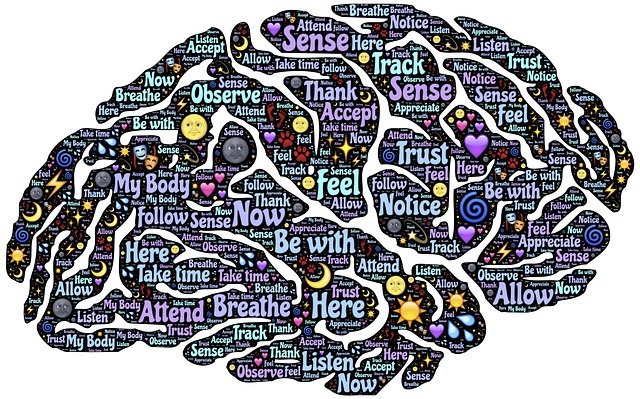“The last of human freedoms—the ability to choose one’s attitude in a given set of circumstances.” Victor Frankl
So, what if you could build a stronger team by building a shared picture? What if you could increase enthusiasm by reorienting someone’s view of their own world? What if you could increase soldier motivation by mentoring them to see things in a different light, hear their world in a new way and get a grip on their lives? Would that have value for you?
Let’s think back to part 1 of this article from last week that talked about the importance of understanding your own and your subordinates’ mental models. Our senses are bombarded with eleven million bits of information per second, with our unconscious mind able to deal with only five to nine pieces of it at any given time. Thus, we are forced to filter it through our unique life experiences, including pre-existing assumptions, beliefs, cultural upbringing and biases.
We take all of these events and sensations that bombard us, filter them to make sense in terms of what we already believe and have experienced and then build them into an internal representation in our brains, all while using deletion, distortion and generalization, as defined last week. Importantly, once developed, it can be difficult to change one’s mental models without active reframing. This is where you, as the leader, can make a difference. By understanding and influencing mental models in your members and building a shared mental model across the team, you will experience higher team functioning.
So how do you, the leader, build this stronger team? First, you help them (and yourself) recover and understand the information ‘lost’ (through deletion, distortion and generalization) in their present mental models, and then you reframe it into something positive and helpful.
As the authors Linda and Charlie Bloom point out, “One of the skills to help us develop as mature resilient individuals is that of reframing. When we change our point of view on any given situation, the facts remain the same, but a deliberate shift is made in how we see it.” Reframing can allow us to better receive information in a neutral and helpful way.
“One example of reframing is redefining a problem as a challenge. Such a redefinition activates a different way of being. Problem has a heavy quality to it, while the notion of a challenge is enlivening.”
Keeping in mind that language itself, and what meaning we assign to any give word is actually highly individual, based on our personal frames, simply asking your team member to explain what they mean by a statement and why they believe something to be true or not true can be very helpful in uncovering lost information. However, because it is our unconscious minds at play, we often do not know what really underlies our decisions and actions and, therefore, cannot properly answer the question. We may have a surface answer but the deep reasoning eludes us. Or we think we simply don’t know.
There are some specifically designed questions that will help you to elicit what is under the surface. The link HERE (Questions for Reframing & Mentoring) takes you to an example of these questions, starting with a type of statement you might hear and then a response you can use in order to elicit deeper information and begin to illuminate their model of the world to you and them.
Using these questions, let’s look back to my opening story from last week, where I shared my thoughts as a young lieutenant who opined, “if only I were a captain, they would listen to me more.”
Using the questions in the table, we need to recover a deletion here, which lacks a referential index (10b). I would now ask my younger self, “who, specifically, doesn’t listen to you?” The “me-back-then” would have had to actually stop and think about it. Perhaps I would have answered, “my subordinates,” to which I would have then further clarified, “which ones specifically” and “about what?”
At that point, with a specific person and situation, rather than a vague “they,” I could explore the particular situation and help “young-me” figure out what was really going on and how to fix it. In retrospect, I suspect that “young-me” could not have given a specific person or situation but, rather, was just insecure and needed reframing and a dose of confidence.
When using this interrogative method, avoid worrying about which question to use. It is really about being aware that something is missing in what the other person is saying and helping them recapture this lost info. This will allow you to have a more fulsome conversation, make you a better mentor and allow them to see other options or courses of action and make different choices.
Unless we remain open and aware, many of us will use unconscious filters that are there by default rather than choosing the ones that work best for us in terms of optimum health and performance. Find someone very different from you and have an open conversation with them, using the meta model questions to explore one of their beliefs. Choose a non-threatening environment outside of work, be non-judgemental and just play with it. Make it fun for both of you!
So I challenge you today to see life’s challenges rather than problems and to help your subordinates reframe what is going on in their heads that is directly impacting their opinions and decisions without them being aware of it. Even a small change in thinking can lead to a large transformation in someone’s life.
About the author: Lisa Elliott has 30+ years in the Canadian Army, starting as a private, digging trenches, and now in the officer ranks, fighting paperwork. She is passionate about figuring out how our brains detract from or contribute to our success and how to use this knowledge as a leadership tool. This is the second of a 2 part series.

